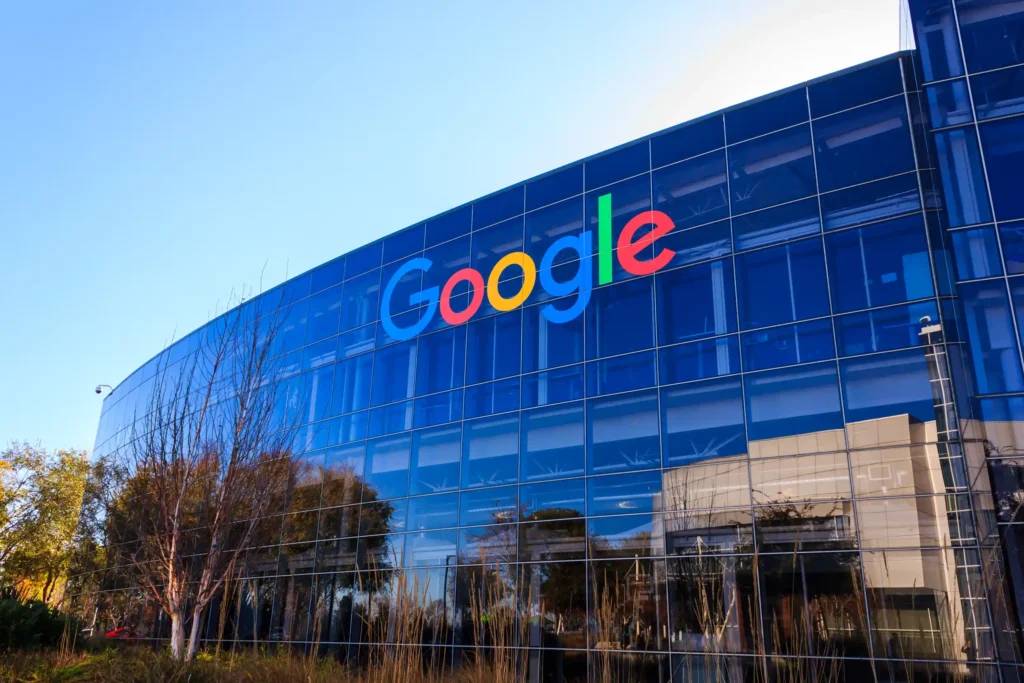The U.S. Department of Justice (DOJ) is calling for a major breakup of Google, accusing the tech giant of maintaining an abusive monopoly. In a filing made Wednesday, regulators proposed sweeping penalties, including the sale of Google’s Chrome browser and restrictions on Android to prevent it from favoring the company’s search engine.
The DOJ argued that the sale of Chrome would “permanently stop Google’s control of this critical search access point and allow rival search engines the ability to access the browser that for many users is a gateway to the internet.” The department stopped short of demanding the sale of Android but recommended giving the court authority to enforce such a measure if future misconduct is found.
Sweeping Measures to Address Monopoly

The recommendations come after U.S. District Judge Amit Mehta ruled in August that Google had engaged in monopolistic practices. The DOJ outlined additional remedies, including:
- Banning default search deals: These agreements, costing Google over $26 billion annually, ensure its search engine is preinstalled on devices like Apple’s iPhones.
- Increased transparency in advertising: Google would need to disclose how it sets prices for advertisements shown in search results.
- Licensing search index data: Rival search engines would gain access to data from Google’s queries to promote fair competition.
Also Read: Stocks making the biggest moves premarket: Target, Dolby Labs, Nio, Netflix and more
The DOJ also aims to prevent Google from favoring its own services, such as YouTube and its AI platform, Gemini. Regulators expressed concerns over the use of AI in search results and advised measures to allow websites to shield their content from Google’s AI training models.
Reaction from Google
Kent Walker, Google’s chief legal officer, criticized the proposals as an “overly broad proposal” that could undermine user privacy and stifle innovation. In a blog post, Walker warned that the measures could harm Google’s early leadership in artificial intelligence, calling AI “perhaps the most important innovation of our time.”

Impact on Big Tech
The proposed breakup has drawn parallels to antitrust cases against Microsoft in the 1990s. While a federal judge initially ordered Microsoft to split up, the ruling was later overturned on appeal. Legal experts, such as Shubha Ghosh from Syracuse University, caution that some of the proposed penalties may go beyond the scope of Mehta’s ruling. Ghosh noted, “The remedies should match the harm… This does seem a little beyond that pale.”
Calls for Competition
DuckDuckGo, a rival search engine, supported the DOJ’s proposals. Kamyl Bazbaz, the company’s senior VP of public affairs, stated, “Undoing Google’s overlapping and widespread illegal conduct over more than a decade requires more than contract restrictions: it requires a range of remedies to create enduring competition.”
A Legal Battle Ahead
If Judge Mehta adopts the DOJ’s recommendations, Google could be forced to sell Chrome within six months of the final ruling. However, Google is expected to appeal, potentially extending a legal fight that began more than four years ago.
The hearings on Google’s penalties are set to begin in April, with a final decision expected by Labor Day. The outcome could reshape the tech industry and set a precedent for future antitrust enforcement. Stay tuned for updates on this developing story.

